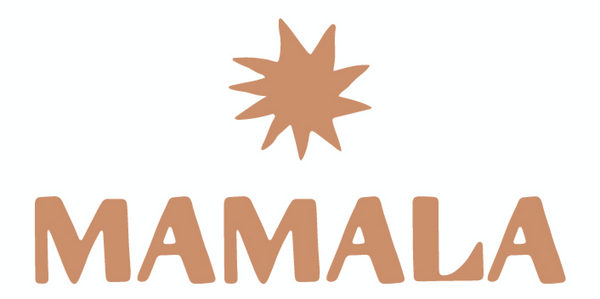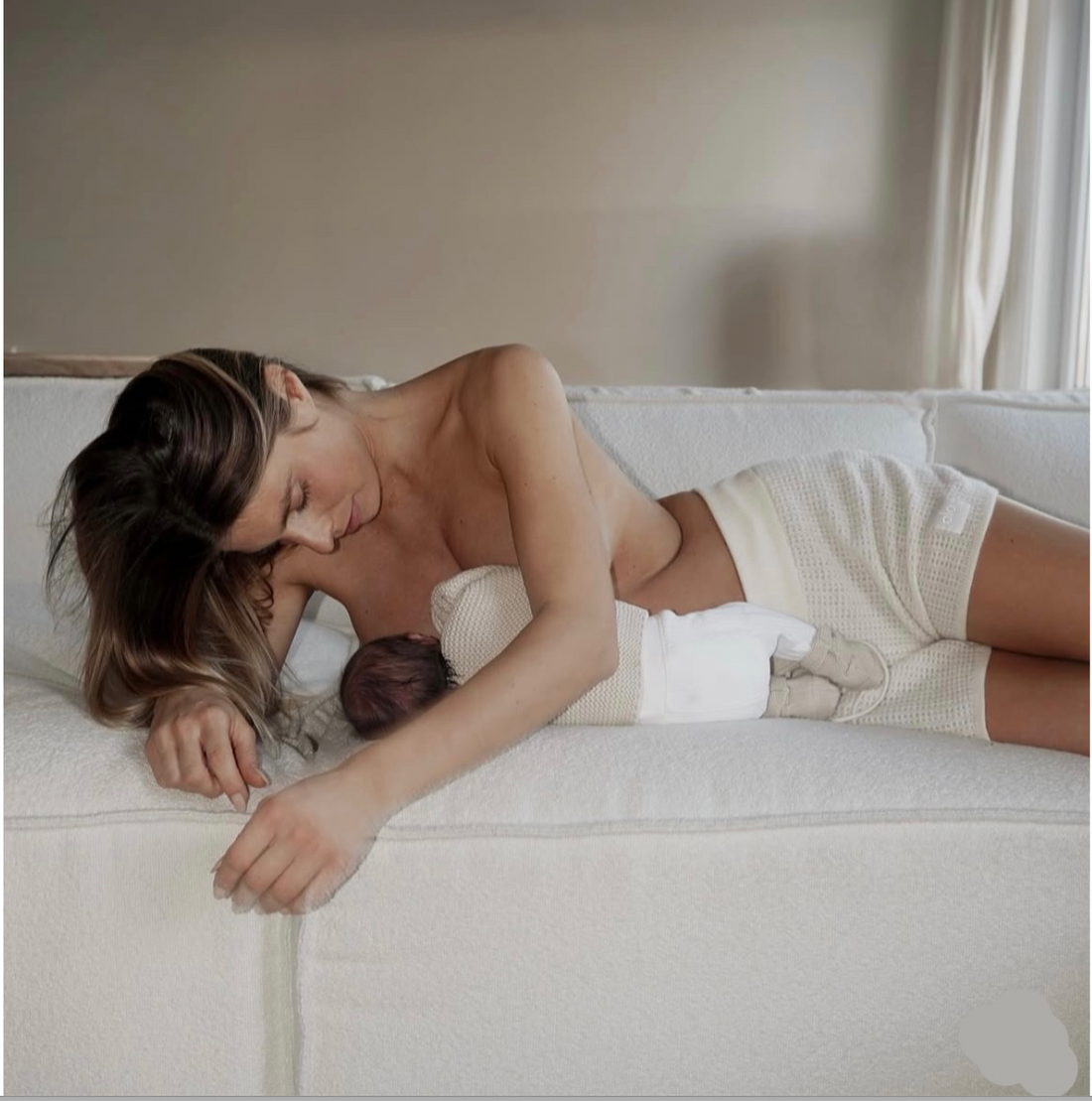Taking Care of Mama First: The Ripple Effect of Postpartum Care
We are raising the next generation, and how we care for ourselves as mothers directly shapes the world. Postpartum is not just about recovering from birth—it’s about setting the foundation for our children’s emotional well-being, for our families, and for the future of humanity. You cannot pour from an empty cup.
When a mother neglects herself postpartum—when she is exhausted, depleted, anxious, or overwhelmed—her energy shifts. She may feel resentment. She may not have the capacity to be present, to bond, to give her baby the warmth and security they need to develop a strong foundation of love. Over time, this can lead to fractured attachment, emotional wounds, and a child who grows into an adult still seeking the love they didn’t fully receive. Generational trauma often begins in the postpartum period.
But here’s the beautiful part: when a mother takes care of herself—when she is nurtured, rested, supported, and cared for—her energy shifts in the opposite direction. She feels more at peace. She bonds deeply with her child. She has more love, patience, and resilience to give. That child grows up secure, confident, and deeply loved. This is how we change the world.
The Science of Postpartum Self-Care
From an attachment parenting perspective, the early postpartum period is where the blueprint for a child’s lifelong emotional security is formed. Dr. John Bowlby’s work on attachment theory shows that infants who receive responsive, loving care develop into emotionally secure adults. When a mother is depleted and unsupported, it becomes harder for her to be fully present, which can lead to avoidant, anxious, or disorganized attachment patterns in her child.
From a family psychology standpoint, maternal mental health directly impacts a child’s development. Studies show that postpartum depression and anxiety increase the risk of behavioral and emotional difficulties in children. When a mother is well, her nervous system is regulated, and in turn, her baby’s nervous system regulates through her presence. A calm, supported mother leads to a calm, secure child.
The Wisdom of Ina May Gaskin & Holistic Birth Leaders
Ina May Gaskin, one of the most influential midwives in modern history, teaches that birth and postpartum are sacred. She reminds us that birth is not just a medical event—it is an initiation. And just as every mother deserves a supported, empowered birth, she equally deserves a sacred, supported postpartum period. In traditional cultures, postpartum care was non-negotiable. Mothers were fed, massaged, and given the space to rest and bond with their babies. This is not a luxury; it is a necessity.
We must return to this wisdom. We must recognize that when a mother thrives, her child thrives, her family thrives, and the world shifts for the better.
Your Postpartum Care is Not Selfish—It’s a Gift to Your Child
If you feel like you don’t have time to care for yourself, remember this: your child does not need a perfect mother. They need a mother who is well. Taking care of yourself is the most powerful thing you can do for your baby. Your wellness ripples out into your family, your home, and generations to come.
So, let’s change the narrative. You come first, Mama. And in doing so, you create a world where love, security, and wholeness are passed down—one generation at a time.
...p.s. MAMALA was born from a vision and a dream that all mamas were taken care of...because this delicate time has the potential to change the world for the better. The NEW MAMA BOX and ALL goodies on the MAMALA shop are specially curated to help mama heal in body, mind, + spirit.
<3 you!
photo cred: Debiflue

